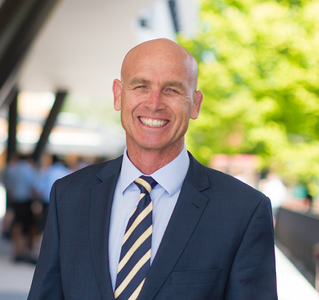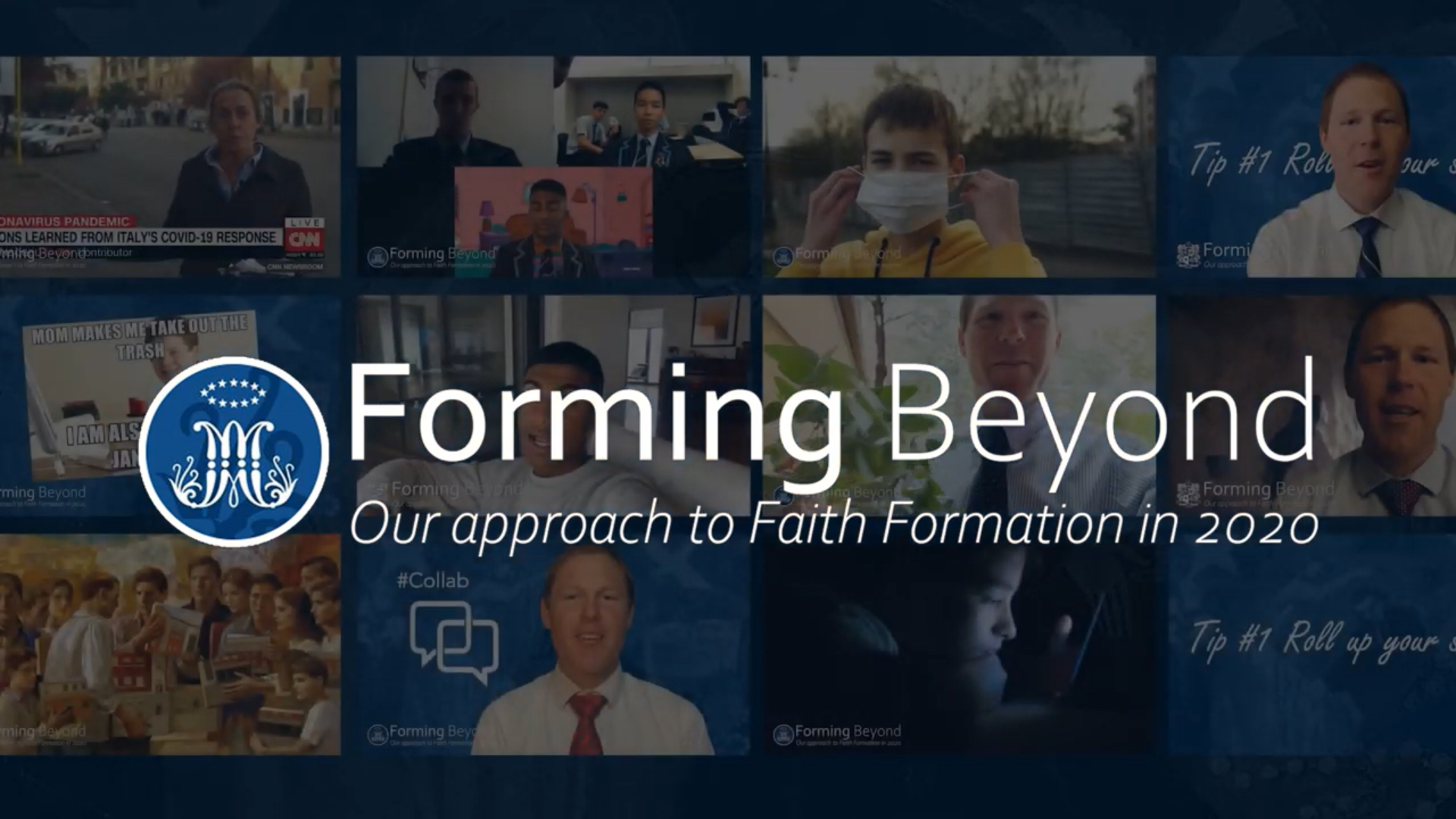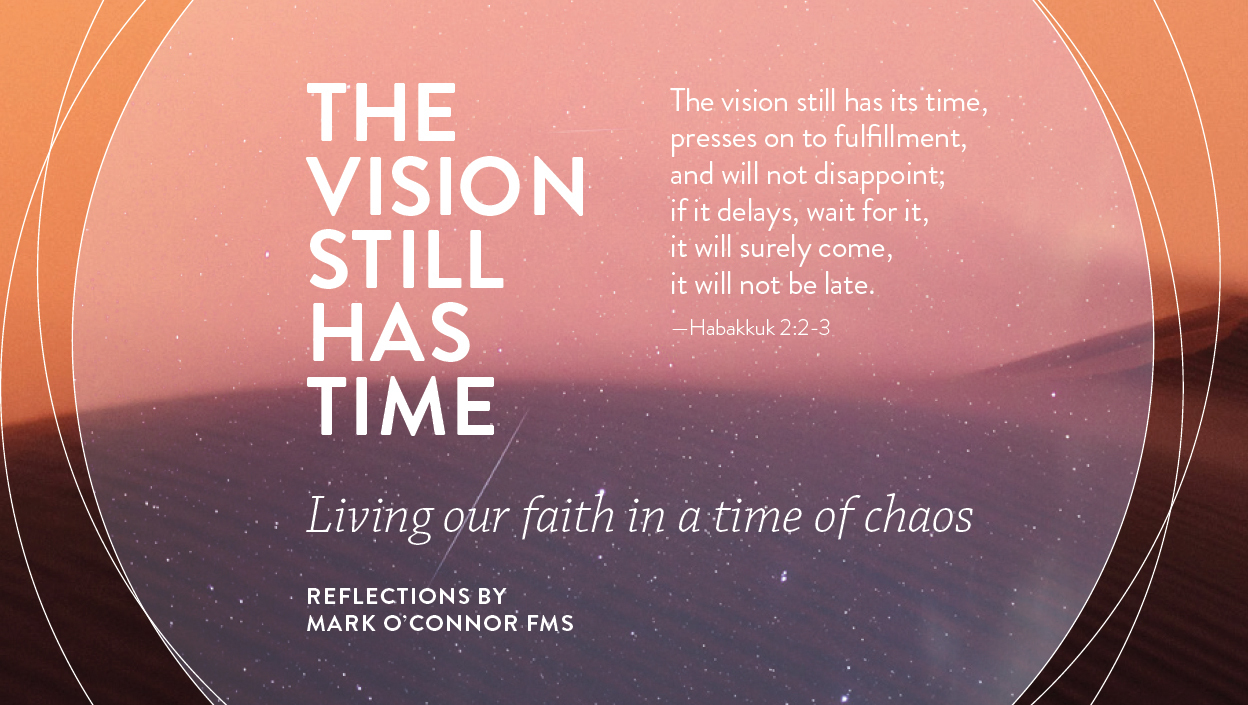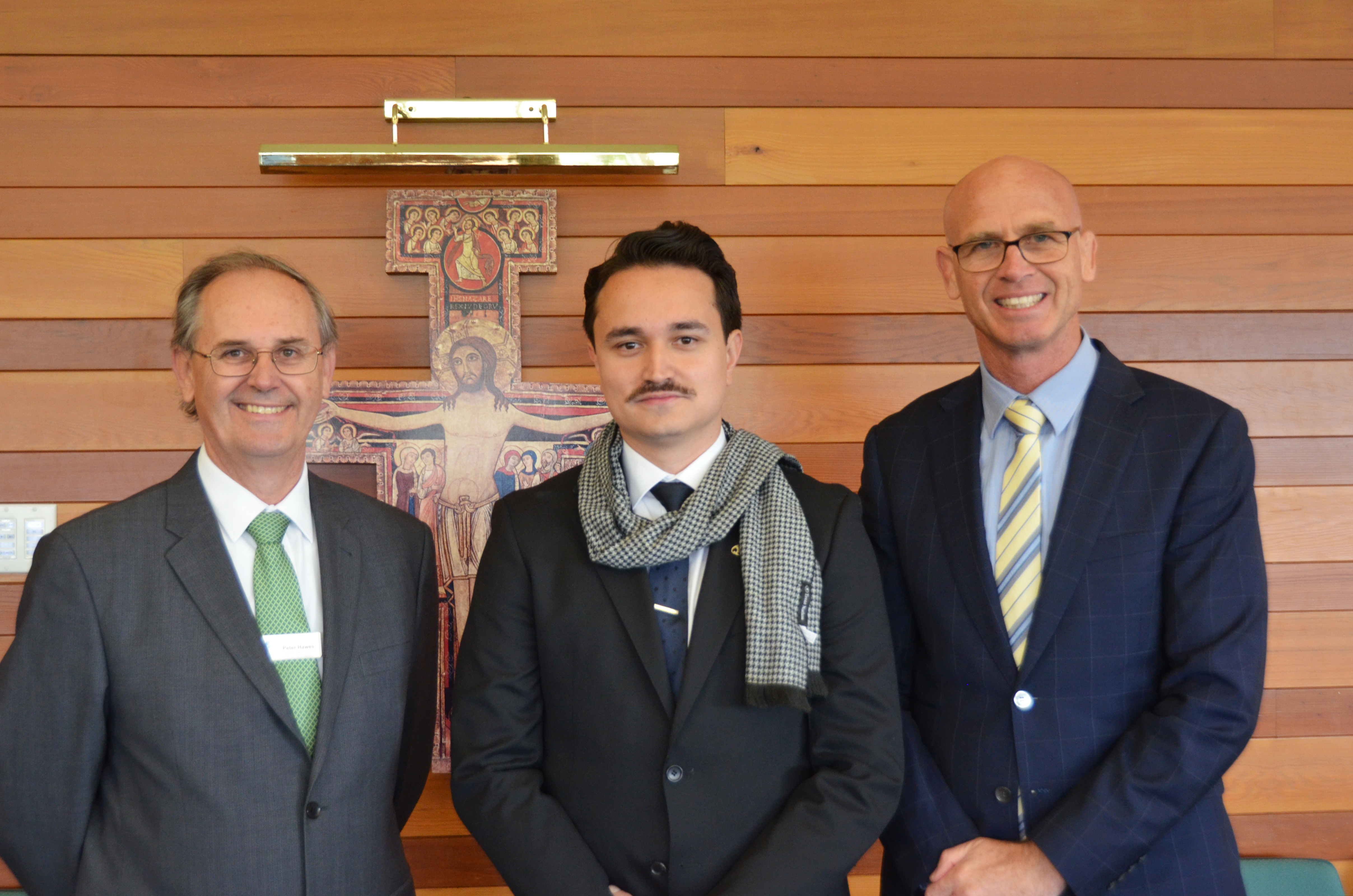Who will roll away the stone from the tomb?
The Chinese word for crisis is represented by two characters – challenge and opportunity. We have and will continue to face unimaginable challenges. The pandemic has infected more than 3.1 million people worldwide, caused the deaths of more than 216,000 and wreaked havoc on the world’s economy. Many face a long and challenging journey ahead and no one has been immune from the destructive path of COVID-19.
What though are our opportunities whilst surrounded by an atmosphere of pain and uncertainty? Last week, Pope Francis said our experience today mirrors in many ways that of the disciples of Jesus after his death and burial in the tomb. The disciples were fearful, exhausted and overwhelmed. Pope Francis provocatively asks us ‘who will roll away the stone from the tomb?’ He equates the stone that sealed Jesus’ tomb to the tombstones of the pandemic that “threatens to bury all hope.” He recalls, however, that the ‘women who followed Jesus did not allow themselves to be paralysed by anxiety and suffering.’ They found ways to overcome every obstacle, ‘simply’ by being and accompanying.
At Marist we often speak of accompanying our boys on their journey to manhood. It is much about being present, but not standing too closely, in the lives of the boys. One of the surprising consequences of the isolation policy has been the increase many have had in contacting friends and loved ones. I have found myself ‘checking in’ on people, who in the demands of a busy life, I have possibly overlooked for too long. In unsettled times, we realise we are held together and supported by invisible bonds of relationship and love.
I remember reading Albert Camus’ classic novel ‘The Plague’ in my early 20s. Set in the 1940s, it is a gripping narrative of horror, survival and resilience, and of the ways in which humankind confronts death when a plague confronts a coastal town in North Africa. There are many themes essentially related to the Nazi occupation of France and the resistance against the ‘brown plague’ of fascism. For me, however, the most telling passages are Camus’ beautifully crafted observations of the social and psychological effects of the epidemic on the townspeople. When the town gates are finally opened, his descriptions of families and lovers as they reunite, in the wake of so much suffering, remind us that ‘if there is one thing one can always yearn for, and sometimes attain, it is human love’.
The South African word ubuntu speaks particularly about the fact that we can’t exist as humans in isolation. We can’t be human all by ourselves, separated from others. COVID-19 reminds us that all our lives are inseparably involved with one another; through innumerable interactions they are forever linked together.
Pope Francis asks ‘Who will roll away the stone for us?’ We are certainly encountering stones of various sizes and shapes, but the message of hopefulness will be found in each other by the ‘antibodies of solidarity.’ Take care of yourself; take care of others.
